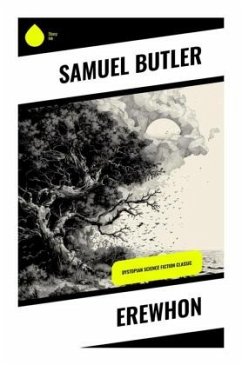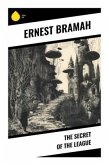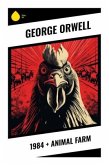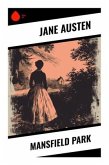Samuel Butler's "Erewhon" presents a fascinating narrative that intertwines satire, philosophy, and speculative fiction. Set in a fictional land that mirrors Victorian society, Butler critiques contemporary social norms, industrialization, and religious hypocrisy through his portrayal of a utopian world governed by peculiar customs and ethical dilemmas. The novel's unique structure-part allegory, part travelogue-paired with its rich descriptive prose and humor, engages readers in an exploration of a society where machines are feared and the evolution of morality is paramount. Butler's keen observations draw parallels between his imagined world and the 19th-century Victorian context, revealing the anxieties surrounding progress and technology. Butler (1835-1902), an English novelist and critic, was profoundly influenced by his diverse experiences as a writer, painter, and philosopher. His exposure to various cultural ideas and his own skepticism towards religion and science deeplycolored his perspective in "Erewhon." The novel reflects Butler's belief in the importance of ethics in human evolution and his critique of mechanization, showcasing his unique position as a thinker of the late Victorian era. "Erewhon" is highly recommended for readers who appreciate thought-provoking literature that challenges normative beliefs and encourages introspection on societal values. Butler's imaginative storytelling and incisive critique make this work an essential read for those interested in the intersections of philosophy, ethics, and the human condition.
Bitte wählen Sie Ihr Anliegen aus.
Rechnungen
Retourenschein anfordern
Bestellstatus
Storno








